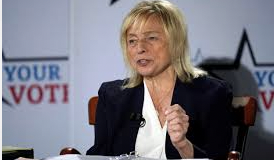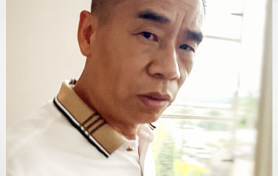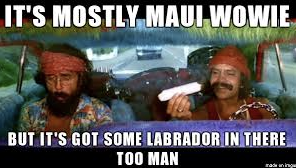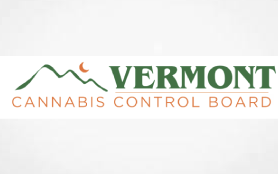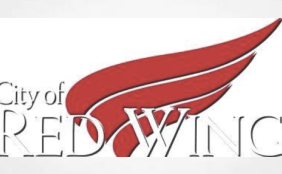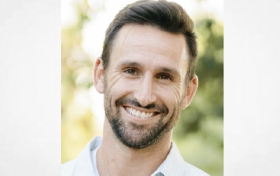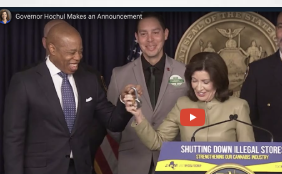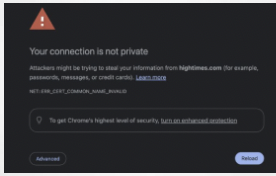Here’s the introduction of the brief relating to.
NURA OCHALA
V.
FEDERAL GOVERNMENT OF NIGERIA (JANUARY, 2016)
Introduction
- This amicus brief is respectfully submitted by Association of Legislative Drafting and Advocacy Practitioners (ALDRAP) to the Supreme Court of Nigeria, Abuja, Nigeria (See Annex 1 for brief details about the organization submitting the amicus curiae brief.).
- The brief aims to provide the Supreme Court with information on cultivation, sale, importation, exportation, and use of cannabis in Nigeria and legal and human rights standard and jurisprudence relating to: the right to life, medicinal value of cannabis; the need for the Court to review its judgment on NURA OCHELLA V FEDERAL REPUBLIC OF NIGERIA in Suit No. SC/728/2013 –Supreme Court-January 2016.This brief examines relevant laws on prohibition of use of cannabis in Nigeria, including jurisprudence national and international on the issue.
- Association of Legislative Drafting and Advocacy Practitioners (ALDRAP) hopes this information will be of value and assistance to the Court as it considers various legal issues in this case arising from the cultivation, sale, importation, exportation and medical use of cannabis/ Indian hemp.
- Our organization is the Association of Legislative Drafters and Advocacy Practitioners and a not-for-profit organization incorporated by the Corporate Affairs Commission (CAC) in March 2017. A copy of our incorporation certificate is attached.
Discussion of the Legal issues involved in the case
- The present case raises questions about the relevance of Section 11(c) of the National Drug Law Enforcement Agency Act Cap N30 Laws of the Federation, 2004 and other provisions of the Act prohibiting the use of cannabis/Indian hemp in Nigeria. The case also raises question about the rationale for National Drug Law Enforcement Agency (NDLEA), National Agency for Drug Administration and Control (NAFDAC) and other Agencies to continue to enforce the law against the dealing in cannabis/Indian hemp in view of the medicinal benefit of cannabis and the fact that other countries have since revised their laws and no longer enforce the use, cultivation, sale or importation of cannabis or India hemp.
- In recent years the international policy framework on drugs has shifted much of its focus towards ensuring access to controlled substances fr medical and scientific purposes, yet most of the laws and policies related drugs in Nigeria only contain provisions on preventing the diversion of controlled drugs to unauthorized uses without any acknowledgment of, or provision for, ensuring access to controlled drugs or substances for medical and scientific purposes.
- The right to health is one of the many human rights implicated in drug laws and policies in Nigeria. The requirement for the country to deliver, as part of the health services provided to the citizens is hampered by unauthorized and prohibition of cannabis; and as a result, the right to the highest attainable standard of health is affected. The right to health is not to be understood as a right to be healthy. The right to health contains both freedom and entitlements. The freedom includes the right to control one’s health and body and the right to be free from interference, such as the right to be free from arrest and detention for dealing in cannabis for medical treatment and experimentation.1
- Included amongst the core obligations of signatories to the International Covenant onEconomic, Social and Cultural Rights 1966, which Nigeria is one, are the obligations to ensure the right of access to health facilities, goods and services on a non-restrictable and non-discriminatory basis, especially for the vulnerable or marginalized, and the obligation to provide essential drugs, as defined under World Health Organization (WHO) Action Programme on Essential Drugs.2
- It is essential to recognize that controlled substances such as cannabis and Indian hemp are indispensable for medical and scientific purposes. This recognition means that ensuring access to controlled substances should be given due importance on the public health agenda of Nigeria. This recognition should also be at the source of the strong and sustained support that the Government must provide to free access to cannabis by removing legal or policy impediments to the availability of controlled use of cannabis as has been approved by WHO.3
- In this amicus brief, we implore the Supreme Court to review and revise its judgment in the case of Nura Ochala v Federal Republic of Nigeria (2016) SC . NO. 728/2013, wherein the Supreme Court held that section 10 of the NDLEA Act, 1989 has the effect of classifying all species of cannabis/Indian hemp (including the medical cannabis/hemp) as a narcotic drug which is outlawed in Nigeria. This is because we view the judgment as unconstitutional to the extent that it violates the letter and spirit of the 1999 Nigerian Constitution,4 which provides that the Government shall ensure provision of suitable and adequate food and health services for the benefit of the sick and welfare for all citizens.
The Full Brief
draft Brief of Argument in support of legalisation of medical cannabis-Ochala v Federal Republic of Nigeria
Further Information
Supreme Court of Nigeria
Website https://supremecourt.gov.ng/
Current Justices


